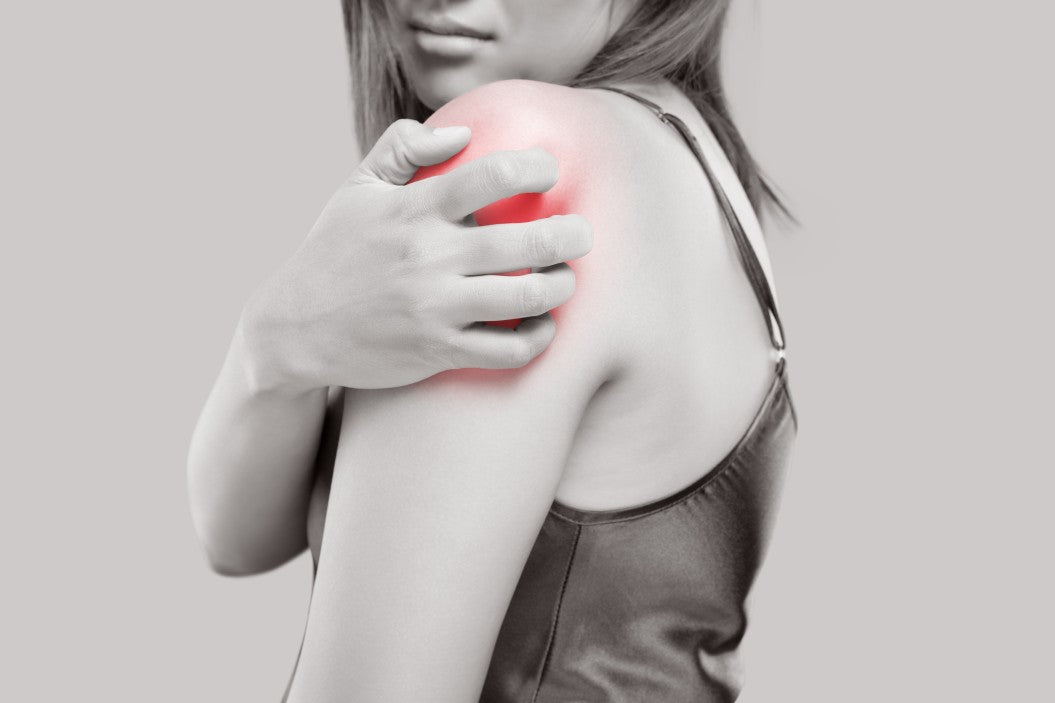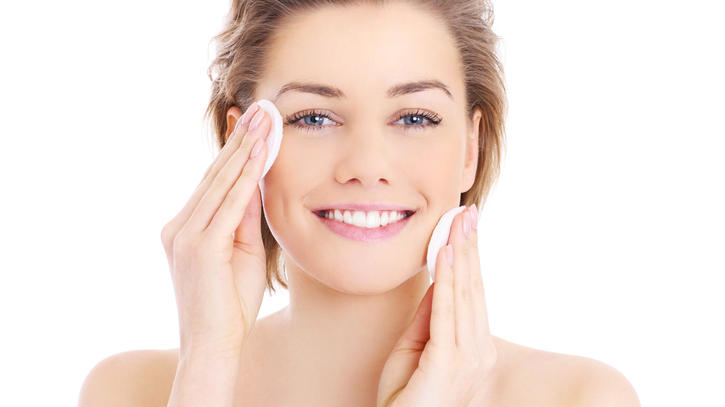
Is itchy skin driving you up the wall?
Itchy skin, caused by any reason, is hard to live with. It can make daily life a misery and ruin a good night’s sleep. Whether you regularly suffer from itchy skin or are just going through a flare up, here are some facts and common-sense tips to help you get the situation under control.
The causes of itchy skin
Itchy skin is officially known as pruritus (proo-RIE-tus). It can be caused by many things:
- Dry skin type, which gets worse in winter. To tell if you have dry skin, look down at your feet and legs (areas that tend to be drier than others) - if the skin is an ashen or grey colour and is flaky or scaly, then you have dry skin. It’s a real condition and it even has a fancy name - xerosis.
- Various skin conditions, such as eczema (dermatitis), rosacea and psoriasis.
- Insects, resulting in problems like scabies and bites.
- Scars and burns, where new tissue is trying to replace damaged skin.
- Internal medical problems, including liver disease, kidney failure, anaemia, thyroid problems and some forms of cancer, like multiple myeloma and lymphoma.
- Nerve diseases, such as multiple sclerosis, diabetes, pinched nerves and shingles (herpes zoster).
- Psychiatric conditions, such as anxiety, obsessive-compulsive disorder and depression.
- Allergies, particularly reactions to wool, fragrances, chemicals, soaps, makeup, plants and animals.
- Drugs, such as narcotic pain medications (opioids), some blood pressure medicines and diuretics.
- Pregnancy, as a result of raised levels of certain chemicals in the blood, including hormones. It can also be a symptom of a liver condition called intrahepatic cholestasis of pregnancy (ICP).
- Age, as skin gets older, it gets drier – and that can make it itchy.
When to see a doctor
If you skin is occasionally itchy for a short time only, you can probably treat yourself at home. But if the itching stretches out to a few weeks, or you keep getting bout after bout of itchiness, it’s smart to consult your GP or a dermatologist. It’s particularly important to contact a doctor if you’re getting other symptoms as well, like tiredness, weight loss, fever or changes in your body’s daily habits.
Self-help treatments to try
Switch to natural skincare
One of the first things you can do to ease skin itching is switch to natural skincare. This will be especially effective if your skin is reacting to chemicals or fragrances in the products you’re using now.
If you’re not sure whether you’re allergic to something you’re currently using on your skin, changing to a natural regime will help with the diagnosis. If your skin clears up and stops itching, you can be pretty sure you’ve sorted the problem.
- For itchy facial skin, we recommend cleansing with an oil-based cleanser, toning with our cucumber and lettuce spritz, then moisturising with our vege garden moisturiser.
- For itchy body skin, wash gently with plain water and a squirt of our foaming cleanser. After you’ve patted yourself dry, apply Okana Wholesome Nourish Body Butter, which has avocado oil as a key ingredient.
Take a soothing bath
Adding finely-ground oatmeal to a warm bath may help to alleviate dry, itchy skin. Oatmeal is known to be anti-inflammatory and antioxidant, which helps to soothe and heal your itchiness. It contains vitamin E, ferulic acid and avenanthramides; they work together to reduce itching.
To prepare your bath, grind your oats to a point where they easily dissolve in water. Put a cup of oats into a muslin bag and let them steep in the water for five minutes before you get in. Soak for about 15 minutes, then gently pat the skin dry afterwards.
Get chilled
There are three ways to get chilled when you want to relieve itchy skin. The first is to apply a cold, wet cloth or towel-wrapped ice pack to the area that’s driving you mad. Leave it in place for up to 10 minutes. The second way to chill out is to wear loose, non-irritating clothing that doesn’t rub on your skin – light, finely woven or knitted cotton, for example. And the third way to get chilled is a mind-calming session using a meditation app on your phone. Calming your brain can also help to calm your skin.
Drink more water
If your body isn’t getting enough water, it becomes dehydrated. Dehydration gives you brain fog, increases your heart rate and can make you feel dizzy. It also dehydrates your skin, giving it a tired ‘crepe paper’ look. Improve your hydration levels by drinking a big glass of water when you wake up and before every meal. More about dehydration and water intake.




Leave a comment
This site is protected by hCaptcha and the hCaptcha Privacy Policy and Terms of Service apply.